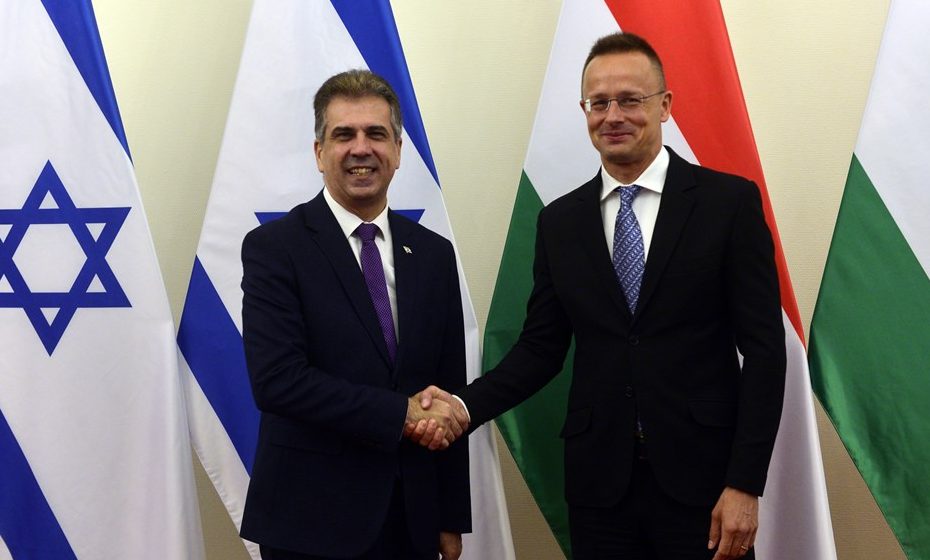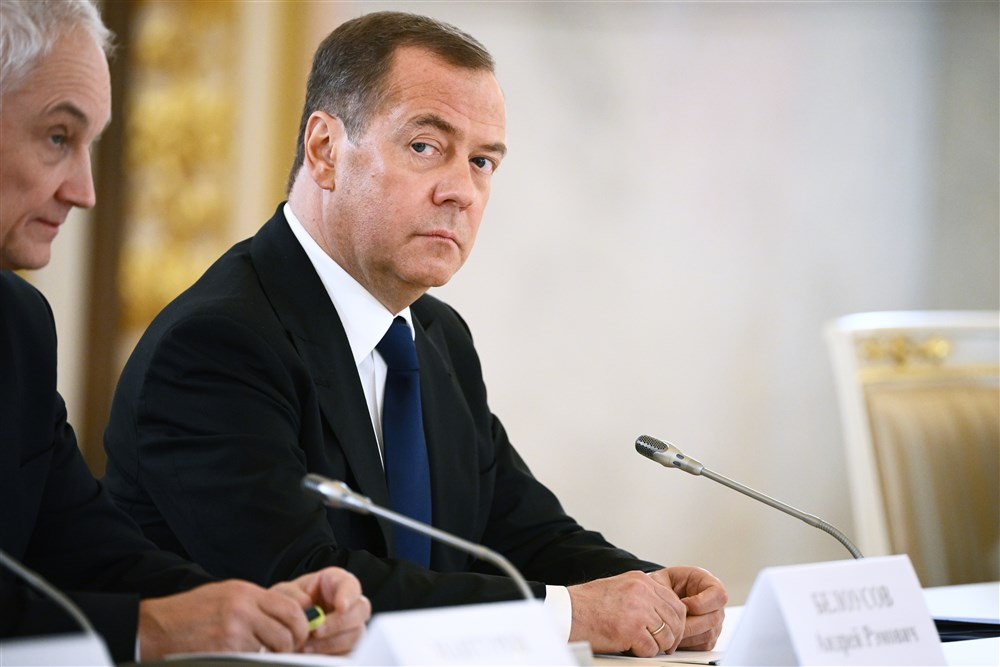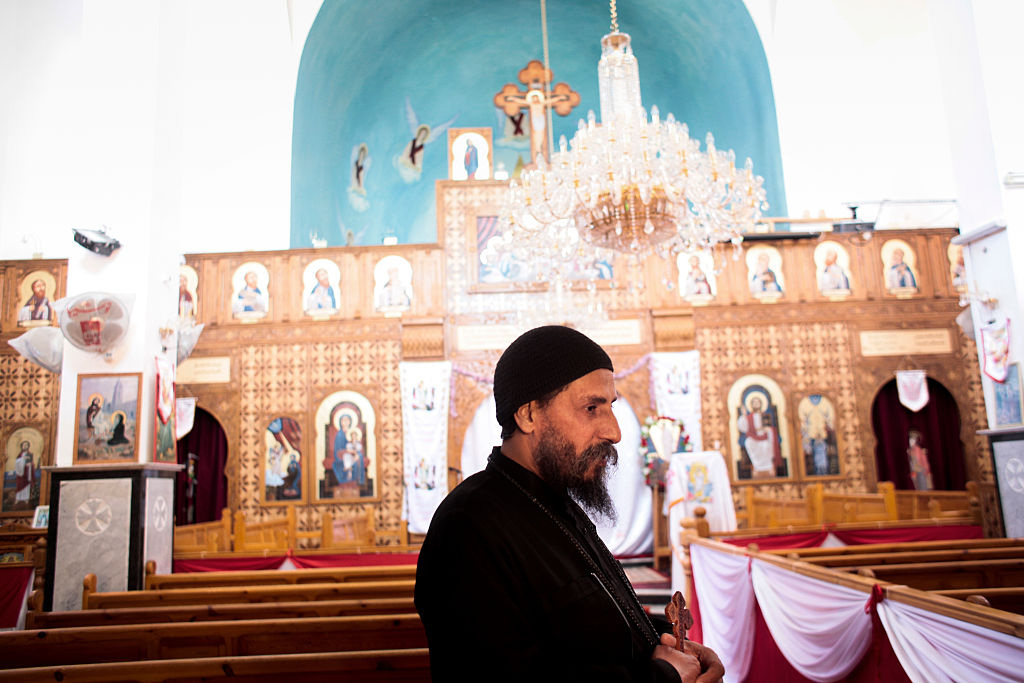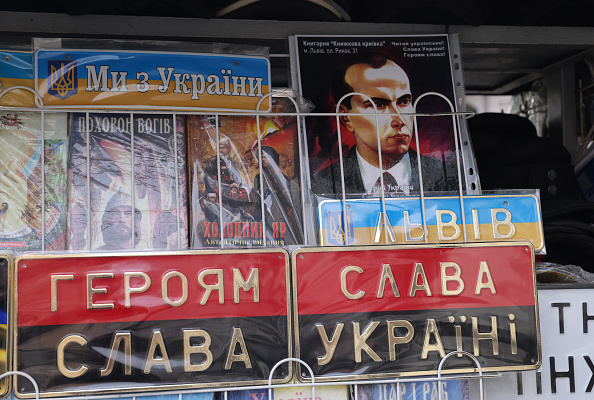French President, Emmanuel Macron, has said that war crimes trials targeting Russian President, Vladimir Putin, may have to be reconsidered if the Moscow-fuelled aggression in Ukraine is to end in negotiation.
Speaking at a conference in Bratislava on Wednesday, Macron was asked by a Ukrainian MP about how the West would hold Russian generals and politicians accountable for what was described as wartime atrocities.
Macron responded that if negotiations with Russia were to happen in the next 12 months, Europe and Ukraine would be faced with making a choice between prosecuting Russia’s leadership or brokering a peace deal.
“The question is, if in a few months to come, you have a window for negotiation with the existing Russian political power, the question will be an arbitrage between a trial and a negotiation,” he said. “Because otherwise you can put yourselves just in an impossible situation where you say: ‘I want you to go to jail, but you are the only one I can negotiate with.'”
In March, an arrest warrant for Putin was issued by the International Criminal Court in the Hague. The charges include the illegal deportation of children, rape and torture perpetrated by Russian forces in Ukraine.
Macron emphasised that any lasting peace would have to be “chosen on Ukrainian terms”. He said that a ceasefire or ‘frozen conflict’ scenario would be tantamount to a vindication of Russia’s aggression and that it would put “time … on the Russian side”.
The questions aimed at Macron followed an extensive half-hour speech by the French President, where he both revisited his themes of strategic autonomy and called for continued support for the Ukrainian war effort.
In the speech, he stood by his remarks from last year when he said the war had proved an “electroshock” and an “awakening” for NATO, which he had previously regarded as “braindead”.
Overall, Macron focused far less on the uncertain outcomes of the present and took a long-term view of war and its consequences. However, the implications of a pending Ukrainian counter-offensive overshadowed the entire discussion.
When asked by host, President of GLOBSEC, Róbert Vass, about whether he felt a counter-offensive had a reasonable chance of being successful, Macron declined to give a direct answer, merely stating that he believed in Ukraine’s ability to deliver.
However, he also said that should such a counter-offensive fail, Europe would need to “recalibrate” its support regarding Ukraine, adding it was possible that European support alone “will not be sufficient, and the war will last”.





